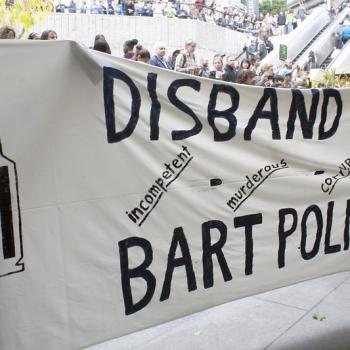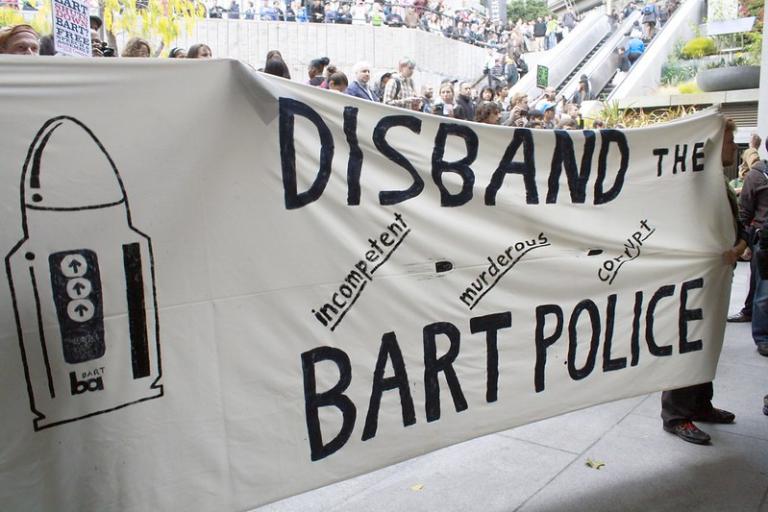During this coronavirus epidemic , we are preoccupied with masks: having to wear them, hating to wear them, trying to breathe through them, resenting them or grudgingly accepting their necessity. One of the worst things about our time of masks is what Milton, lamenting his blindness, said that he most missed: being able to see the “human face divine” (Paradise Lost, III, 44).
But our mask-consciousness today is an occasion to talk about vocation, which Luther described as a “mask of God.”
My friend Cheryl Swope sent me a link to a sermon that her pastor, Rev. Charles Henrickson, preached on the subject. It’s an outstanding sermon on vocation. Read it all, but here are some excerpts. From “Masks of God” (Matthew 14:1-21):
The other day I went to the grocery store, and of course when I went in, I put on a mask. The other shoppers were wearing masks, the store’s workers were wearing masks, the cashiers–everybody was wearing a mask. Well, I had just paid for my groceries and was finishing loading my cart, when I heard the cashier greet the lady behind me. It was obvious he knew who she was, but at first she did not know who he was. She said, “Oh, I didn’t recognize you behind your mask.” And I thought to myself, “Thank you! You have just given me the introduction for my sermon this Sunday!”
“Oh, I didn’t recognize you behind your mask.” You know, I think that’s often what we ought to be saying to God: “I didn’t recognize you behind your mask.” Because that’s how God operates to provide for us and care for us, and we don’t recognize that he is the one blessing us. Behind a mask, so to speak. In other words, God blesses us through other people he puts in our lives. God uses those people to be the channels of his blessings toward us, but he ultimately is the source of those blessings.
Take, for example, the groceries I bought at that grocery store. How did those groceries get into my cart? They didn’t just drop down out of heaven and land in front of me. No, there was a whole string of people leading up to me getting my hands on those goods. The farmer who planted and harvested the crops or raised the chickens. The truck driver who delivered the goods to the plant for processing, and another truck driver who drove the goods to the store. The stocker and the pricer at the store. And then that cashier with the mask on who checked me out and put the food in the bags. All of these people were masks of God, each doing their job, with the result that I was able to put food on my table. The source of blessing was God, and God delivered the blessing to me by operating behind those masks. . . .
Masks of God: That’s how God operates to get his blessings to our doorstop and into our hands. Luther was the one who came up with this term, “masks of God,” to describe how God provides for us. In his commentary on one of the Psalms, Luther writes: “God could easily give you grain and fruit without your plowing and planting. But he does not want to do so. . . . What else is all our work to God–whether in the fields, in the garden, in the city, in the house, in war, or in government–but [that] by which he wants to give his gifts in the fields, at home, and everywhere else? These are the masks of God, behind which he wants to remain concealed and do all things.” Again, Luther says: “No doubt God could create children without man and woman, but he does not intend to do so. Rather he joins man and woman to make it look as if man and woman do the procreating. Yet he, hidden under this mask, is the one who does it.”
Do you get the concept? God is the one blessing us, and he does it through people. And it’s good for us to recognize this and to give thanks to God as the source and giver of the gifts. God is working behind his masks. . . .
Now if God is using other people in order to bless you, guess what? Maybe he is using you to be a blessing to others. You are called to be a mask of God, a channel of his blessings, in your various vocations: husband, wife, father, mother, citizen, neighbor, employer, employee, and so on. Whatever your calling in life, God will use you to be his mask. Be alert for those opportunities. As a husband, how can I be a blessing to my wife? As a parent, how can I be a blessing to my children? As a church member, how can I be a blessing to my congregation and my fellow church members? Are there ways, even without being asked, that I can take the initiative and act in service to others, to be a channel of God’s blessing to them? That is the most beautiful mask you can wear!
Rev. Henrickson goes on to relate all of this to Christ. In the feeding of the 5,000 Jesus performs the miracle with the loaves and fishes, but He gives the task of feeding the multitudes to His disciples. Christ gives His gift of salvation by means of parents who bring their children to church and by means of pastors whom Christ uses to convey His Word and Sacraments.
It isn’t just about our wearing masks, though that can be a way to love and serve our neighbors (the purpose of every vocation), even though we dislike doing so (our self-denial and cross-bearing in vocation). What we need to realize is that we are the masks.
HT: Cheryl Swope


















